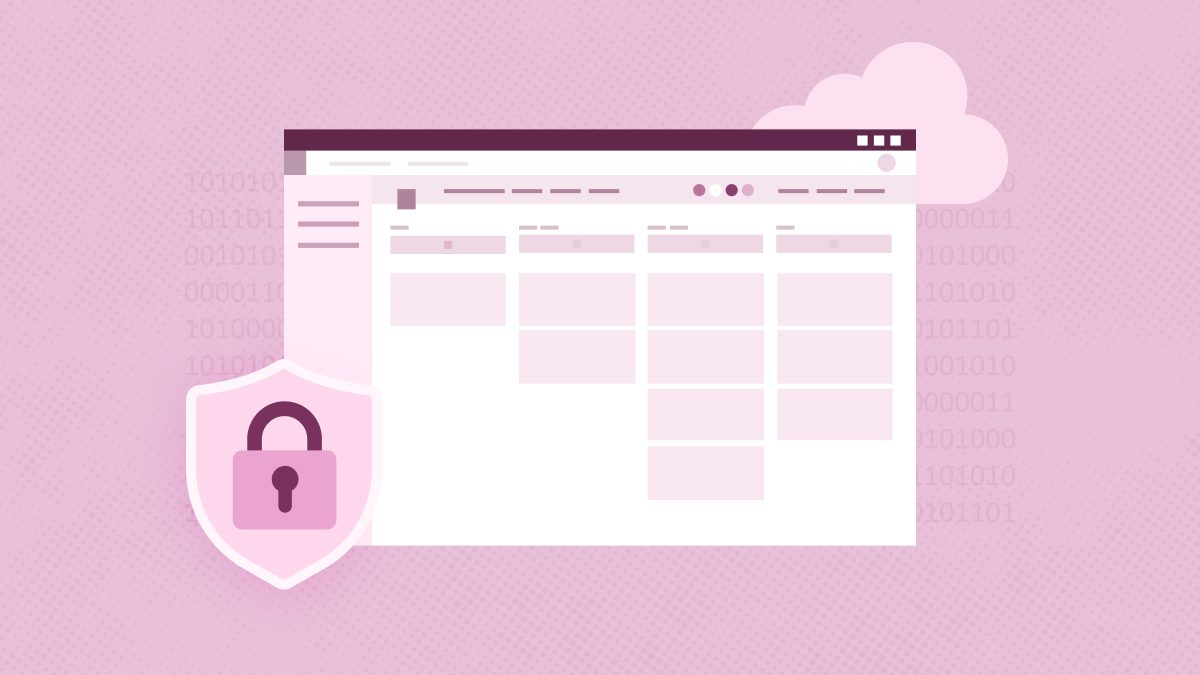Glossary about Security policy
Security policy
Security policy
For the prevention of any intentional or unintended errors, building an effective data security policy is more necessary than ever. Not having a security policy makes it hard to coordinate and regulate a security program in an organization. It also makes it difficult for third parties to understand the security measures. Scroll down and see why having it for your business is essential.
What is a security policy?
Security policies can be defined as the clear, comprehensive, and well-defined policies, regulations, and practices that govern the accessibility to an organization’s system and the data inside it. It is a set of rules and guidelines created by your organizations’ employees.
Their goal is to tackle security risks, adopt strategies to limit vulnerabilities present in the system, and define how to respond to attacks and recover any lost data in the event of a system invasion. The business’s needs in various areas, such as objectives, goals, privacy protection, and so on, change with time. Just like those modifications, the Security Policy must change and develop accordingly.
The Importance of having a security policy
A security policy is essential as it minimizes the risks of data loss along with protection against malicious malware present. It also provides a protocol with all the rules and regulations to follow, ensuring compliance. A few reasons why having a security protocol is important are mentioned below:
- Defined threats: Each type of organization has its risks, so it’ll be easier for everyone to understand the associated threats when it’s explained accurately in the policies.
- A solution to the risk and threats: When a threat occurs, the relevant staff must adhere to regulations to counteract it.
- Limits: This will help the employees understand what is authorized and what’s off-limits.
Things to consider when making a security policy
A security policy can be as comprehensive or precise as you would like it to be. An efficient one should cover all the security across the organization, be realistic and allow for adjustments and updates. It should also be easy to understand and focused on the aims and goals of your organization. Listed below are the factors to be taken into consideration when making a security policy:
- Plan: The first thing to note when making a policy is its overall purpose. This should include information regarding the types of security breaches that can occur along with your organization’s ethical and legal laws.
- Employees: The next step is to define to who it applies.
- Objectives: The most crucial step is to create clear-cut goals that’ll discuss the strategy.
- Authority and Classification: The data should be classified into what’s confidential, public, sensitive, etc, to specify the level of authority and access one has to the data.
Security policies address any issues that may arise inside a company. All threats are thoroughly examined, and the best answers are provided. It also mentions the team that will be working on a specific threat. As a result, having a security policy makes it easier for a company to safeguard itself.




